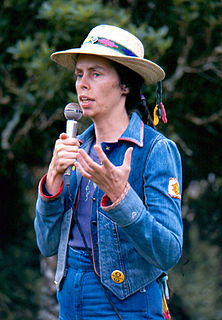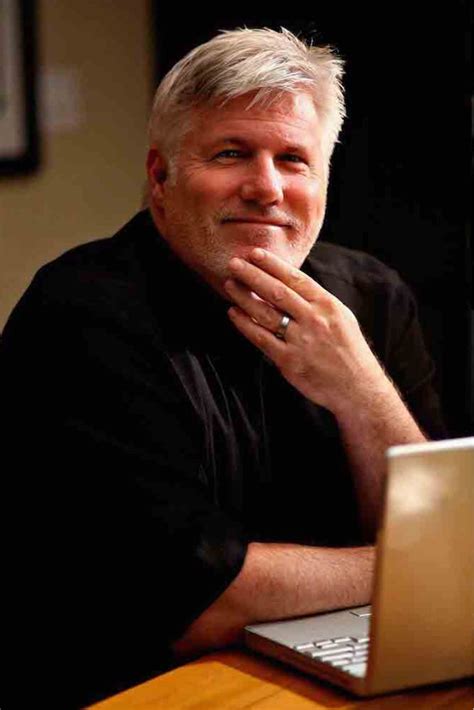A Quote by W. S. Merwin
There is part of a structure in which every species is related to every other species. And they're built up on species, like a pyramid. The simpler cell organisms, and then the more complicated ones, all the way up to the mammals and birds and so forth. We call it 'developing upward'... The whole thing depends on every part of it. And we're taking out the stones from the pyramid.
Related Quotes
The Creator would appear as endowed with a passion for stars, on the one hand, and for beetles on the other, for the simple reason that there are nearly 300,000 species of beetle known, and perhaps more, as compared with somewhat less than 9,000 species of birds and a little over 10,000 species of mammals.
Humanity is part of nature, a species that evolved among other species. The more closely we identify ourselves with the rest of life, the more quickly we will be able to discover the sources of human sensibility and acquire the knowledge on which an enduring ethic, a sense of preferred direction, can be built.
We ourselves are part of a guild of species that lie within and without our bodies. Aboriginal peoples and the Ayurvedic practitioners of ancient India have names for such guilds, or beings made up (as we are) of two or more species forming one organism. Most of nature is composed of groups of species working interdependently.
From the point of view of the species, death is part of this whole process. You could say that species have evolved in such a way that individual members last a certain time. Perhaps a certain kind of species would be better able to survive if the individuals didn't last too long. Other kinds could last longer.
You can imagine a different world in which a number of species developed with different genetically determined linguistic systems. It hasn't happened in evolution. What has happened is that one species has developed, and the genetic structure of this species happens to involve a variety of intricate abstract principles of linguistic organization that, therefore, necessarily constrain every language, and, in fact, create the basis for learning language as a way of organizing experience rather than constituting something learned from experience.
The big question that scientists haven't even begun to get an answer for is how many species of microorganisms are there? Now, this is not stamp collecting. What we need is experts totally devoting their research to everything they can find out about every species, in a community of scientists who appreciate that every fact counts...everything new you learn about any species in any group is worth publishing somewhere.
Clearly, we are a species that is well connected to other species. Whether or not we evolve from them, we are certainly very closely related to them. A series of mutations could change us into all kinds of intermediate species. Whether or not those intermediate species are provably in the past, they could easily be in our future.
All the species recognized by Botanists came forth from the Almighty Creator's hand, and the number of these is now and always will be exactly the same, while every day new and different florists' species arise from the true species so-called by Botanists, and when they have arisen they finally revert to the original forms. Accordingly to the former have been assigned by Nature fixed limits, beyond which they cannot go: while the latter display without end the infinite sport of Nature.
In every part of the universe we observe means adjusted with the nicest artifice to the ends which they are intended to produce; and in the mechanism of a plant, or animal body, admire how every thing is contrived for advancing the two great purposes of nature, the support of the individual, and the propagation of the species.






































